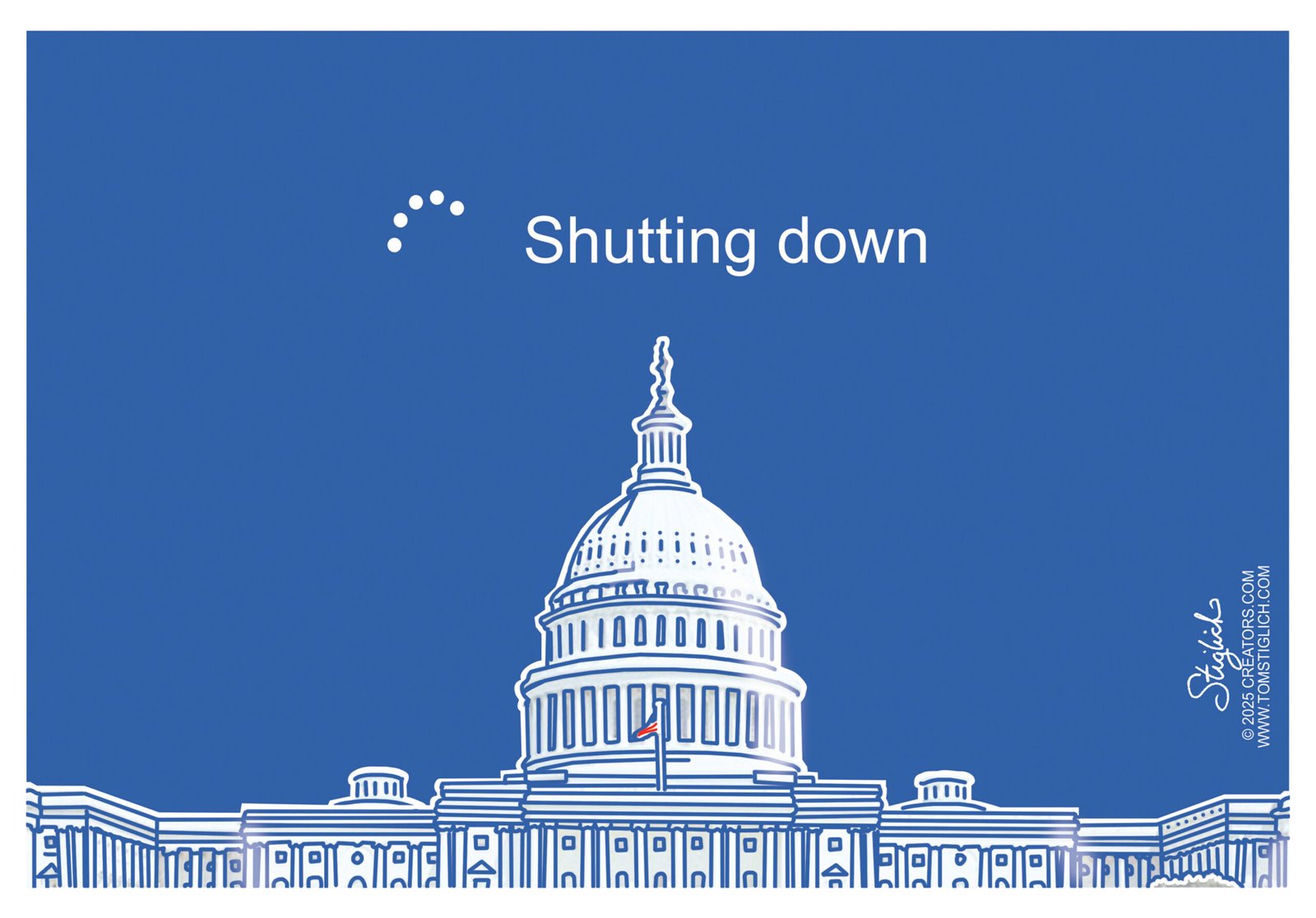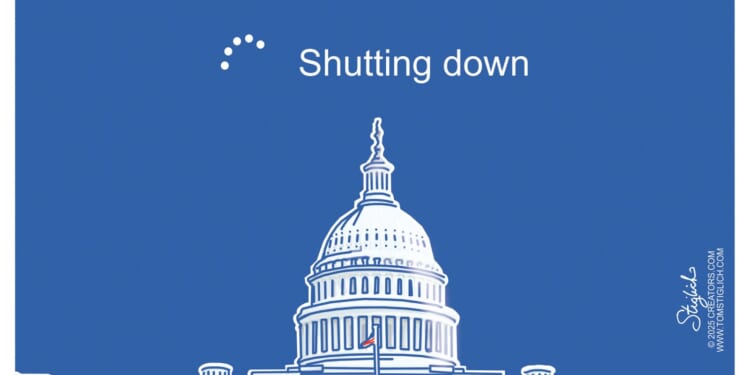
As the government shutdown drags into its fifth week, the root cause is becoming harder to ignore: the Affordable Care Act (ACA), better known as Obamacare, has failed to deliver on its promises. Instead of demanding another $1.5 trillion in taxpayer subsidies to prop up a broken system, Democrats should be advocating for a new, more effective healthcare framework.
When the ACA was passed in 2010, it was sold as a transformative solution, one that would expand access, lower costs, and improve the quality of care.
Fifteen years later, the results speak for themselves: premiums are way up, choices are way down, and millions of Americans are still struggling to get the care they need.
One of the most glaring failures of the ACA is its inability to effectively manage healthcare costs. Although the law aimed to alleviate the financial burden on individuals and families, premiums and out-of-pocket expenses have risen dramatically since its implementation.
According to the Kaiser Family Foundation, average premiums for employer-sponsored family coverage rose 55% from 2010 to 2020, far outpacing wage growth and inflation.
For those who rely on the ACA marketplace for insurance, many discover that the so-called “affordable” plans come with high deductibles and narrow provider networks, making it challenging to access necessary care without incurring substantial expenses.
This situation creates a paradox in which individuals have insurance coverage but are unable to afford the care they need, ultimately rendering their coverage ineffective.
Moreover, the ACA has not succeeded in providing adequate insurance options, particularly in rural and underserved regions of the country. Many insurance companies, faced with financial losses in the ACA marketplaces, have exited these markets altogether, resulting in significantly reduced choices for consumers.
According to research by the Urban Institute, as of 2021, over half of the counties in the U.S. had only one or two insurers available on the ACA marketplace. This lack of competition not only contributes to rising costs but also undermines consumer trust, as individuals find themselves with limited alternatives when choosing their plans.
In addition to rising costs and limited options, the quality of care provided under the ACA is increasingly being called into question.
While the law initially implemented several measures designed to improve healthcare quality, such as incentivizing hospitals to reduce readmission rates and improve patient outcomes, many of these initiatives have often fallen short of their goals.
For example, the Hospital Readmissions Reduction Program aimed to decrease unnecessary readmissions, but studies suggest that the improvements in readmission rates have been inconsistent. Patients still experience fragmented care, often leading to poor health outcomes, particularly for those with chronic conditions.
Another cornerstone of the ACA was the expansion of Medicaid. Yet as of 2023, more than a dozen states have declined to participate, leaving millions of low-income Americans without access to affordable coverage.
This patchwork implementation has deepened regional disparities and left vulnerable populations behind.
Perhaps one of the most concerning aspects of the ACA’s failure is its inability to address systemic inequities in healthcare access and outcomes. While the ACA aimed to improve access for all Americans, significant disparities remain, particularly for marginalized communities.
According to the CDC, people of color, those in rural areas, and low-income populations continue to face higher rates of chronic illnesses and lower healthcare access. These disparities highlight an urgent need for a healthcare system that is not only more inclusive but also more equitable.
The ACA was a well-intentioned experiment, but it’s time to admit it hasn’t worked. Instead of doubling down with another more than trillion-dollar taxpayer subsidy, Congress should revisit the entire law.
The GOP is right to reject more spending without reform. However, they must also lead the charge in crafting a better alternative —one that delivers real affordability, genuine choice, and equitable care.
In the meantime, Senate Democrats should vote to pass the continuing resolution and reopen the government. Holding federal operations hostage to defend a failing healthcare law is not leadership, it’s dysfunction.
The Dems must open the government now.
Agree/Disagree with the author(s)? Let them know in the comments below and be heard by 10’s of thousands of CDN readers each day!











